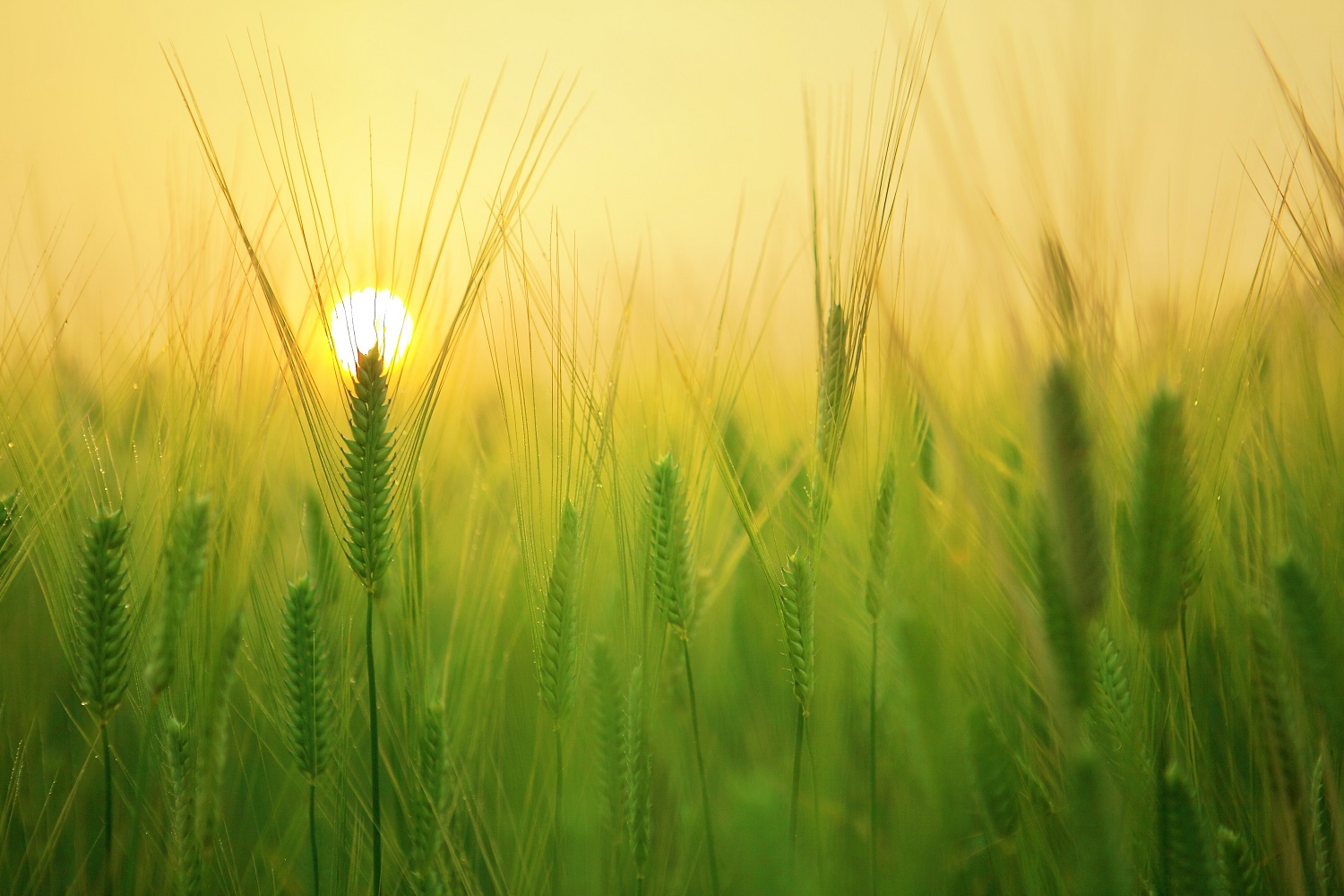NEW
We achieved organic production certification on seven hectares of our experimental plots
10 March 2021NEIKER completes organic farming conversion of seven hectares in Arkaute
- The process was certified by Ekolurra, a public organic production certification company in the Basque Country
- The company expects to continue with this strategy by converting four hectares on its farm in Gauna, Araba
- NEIKER organises two tours of its testing fields each year to provide local farmers with insight into all the opportunities offered by organic crops
NEIKER has completed the organic farming conversion of seven hectares of land in Arkaute, Araba. The process was certified by Ekolurra, a public organic production certification company in the Basque Country, making NEIKER a trailblazer in the field of agricultural research into organic production.
The Ekolurra compliance certificate recognises production is managed properly throughout the process, including crop rotation and fertilisation management, pest and crop disease management, crop handling for fewer adventitious buds (or weeds), as well as proper product storage. This is all in compliance with currently applicable European regulations 834/2007 and 889/2008, until the new regulations enter into force in January 2022, as discussed in the training webinar NEIKER recently offered.
This initiative was developed within the framework of the Organic Production Enhancement Plan (FOPE), led by the Department of Economic Development, Sustainability and Environment of the Basque Government and spearheaded by NEIKER and Ekolurra, the Organic Agriculture and Food Council of the Basque Country. It also fits into the European Union’s “farm to fork” strategy, which supports organic agriculture as an environmentally-friendly practice and aims for 25% of all farm land in the EU to be dedicated to this kind of farming by 2030.
The surface area currently dedicated to organic farming in the Basque Country is 6,789 hectares, notably including grazing grass, pasture, fodder, and protein crops (4,502); wine grapes (984 hectares), fruit (375 hectares), grain cereals (368 hectares); vegetables (231 hectares); and grain legumes (122 hectares), as per Ekolurra data from late 2020.
In terms of demand, organic product consumption has gone up 17% in the last year according to Nielsen, and it is expected to continue to grow since the market is skewing more and more toward healthy, locally-produced food.
Sharing know-how
In this context, NEIKER is sharing its know-how on the best organic farm management techniques so that this sector will continue to see significant growth in the Basque Country and produce healthy, more environmentally-friendly foods.
Since 2015, it has been gradually incorporating organic farming plots dedicated to conventional farming testing, applying a crop rotation strategy that prioritises fodder crops (such as red peas, sainfoin, and alfalfa), which has helped protect the seed bank from adventitious buds and improved soil fertility and structure.
The certification backs NEIKER’s management of farms where a wide array of crops were tested with various fertilisation and management strategies – including the use of proprietary compost – always within the boundaries of organic production regulations.
Guided field trips for the agricultural industry
In collaboration with IES Agrario Arkaute High School, plots and greenhouses where students are taught have also been certified.
Since the FOPE programme was implemented, NEIKER has been transparently managing organic farming plots so that any practice carried out there can be assessed and shared with the industry and is available to provide information on the results of the different management methods. Accordingly, NEIKER organises two tours per year for farmers and technicians to see all the advancements, challenges, and results on site.
Due to high external demand to carry out organic production testing and given the interest of a number of operators in the results data, NEIKER will soon begin the process of converting a four-hectare area in Gauna, Araba.



